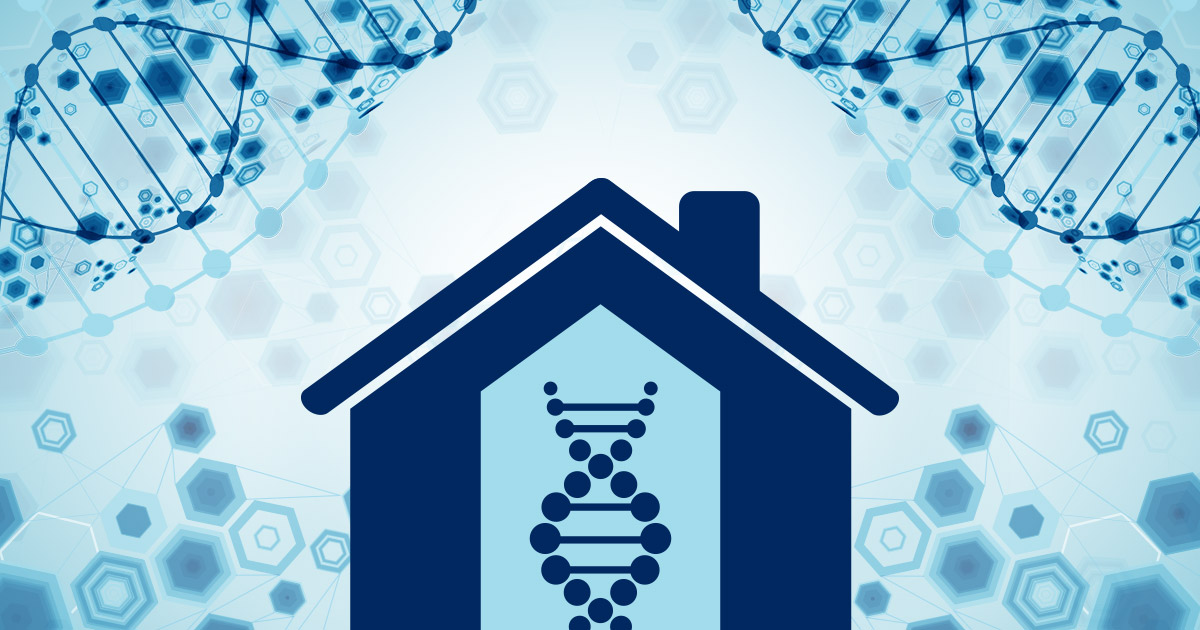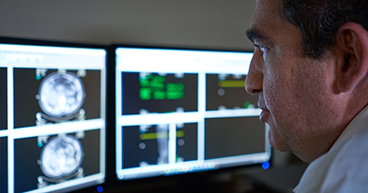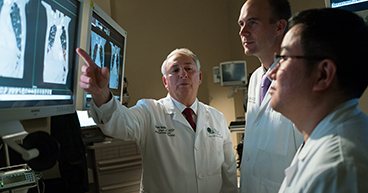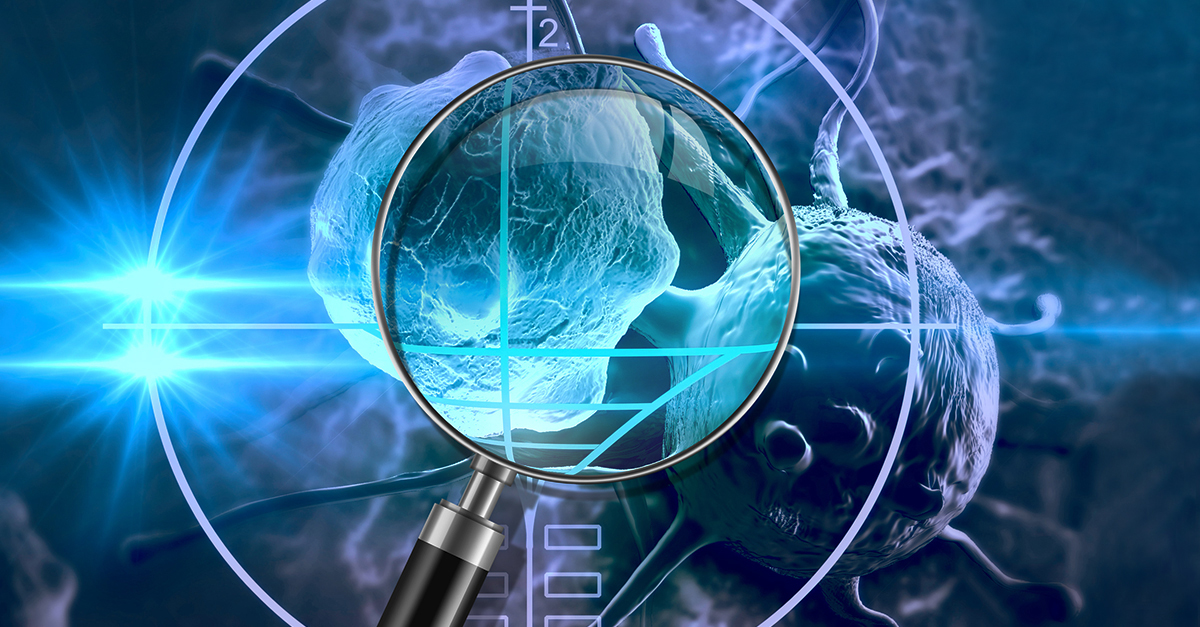
Many Americans are buzzing over the federal government’s recent approval of the country’s first prescription-free genetic test for hereditary mutations linked to several common cancers. But cancer experts are raising serious concerns that the test will do more harm than good, for two reasons: It is not conclusive on its own, and consumers do not have the training to understand the results without consulting a professional. The test, manufactured and marketed by personal genetics company 23andMe, marks the first time a direct-to-consumer genetic test assessing cancer risk received the green light from the U.S. Food and Drug Administration.
The analysis screens for three genetic mutations, found on BRCA1 and BRCA2 genes, that are linked to a significantly higher risk for breast, ovarian and prostate cancers. The company does note, in a press release on the approval, that the test does not account for all genetic mutations that raise cancer risk, that most cancers are not hereditary, and that people should continue their regular cancer screenings. Still, experts worry that the message won’t reach consumers, and they’ll be misled by the results.
“They may think if they get a negative result, they're in the clear. But that may not be the case.” - Maurie Markman, MD - President of Medicine & Science at Cancer Treatment Centers of America
What genes does 23andMe test for?
More than 1,000 known genetic mutations have been found on BRCA1 and BRCA2 genes, but the three mutations the 23andMe test screens for are more common among a very small population in the United States: people of Ashkenazi Jewish descent from Eastern Europe. Even among the Ashkenazi Jewish population, only 2 percent of women have one of these three mutations. Among the rest of the U.S. population, these mutations are extremely rare—representing close to 0 percent. So if someone with a strong family history of breast cancer, for example, receives a negative result on the test, she may feel a false, and dangerous, sense of relief. “People will think that despite their family history, they’re fine, but that test only showed a negative result for three out of 1,000 possible mutations,” Dr. Markman says.
Dr. Markman also cautions consumers against believing that a negative result means they don't have a higher risk for breast, ovarian or prostate cancer—because most cancers are not caused by inherited mutations. “The message that is constantly being given, which is incorrect, is that most breast cancers are associated with an inherited genetic mutation,” says Anita Johnson, MD, FACS, Breast Surgical Oncologist at our hospital near Atlanta. “In reality, that association is the case for less than 10 percent of all breast cancers.”
Reasons for concern
The field and study of genetics is extremely complex, and the average consumer does not have the background, knowledge or training to fully grasp the limitations of an at-home test or the meaning of the results. That’s why it’s dangerous for a medical test to be offered over the counter, with its results left to each individual to interpret and decide next steps, Dr. Markman says. “I just don’t think it’s realistic to believe people are going to follow up with a doctor afterward, and that’s scary,” he says. “If you have a strong family history of cancer or are concerned about your risk, your doctor can order a test for you that screens for all the possible genetic mutations for these cancers. A huge part of this is interpreting results responsibly.”
Allowing the public increased access to genetic information is a laudable goal, as long as the information is delivered in full context and with medical oversight, Dr. Markman says, adding that genetic testing should be more accessible to more people. “It’s just doing it in a way that limits any risk of misunderstanding,” he says.
A genetic counselor can help you review your personal and family history of cancer and discuss appropriate genetic testing and screening recommendations for you.



